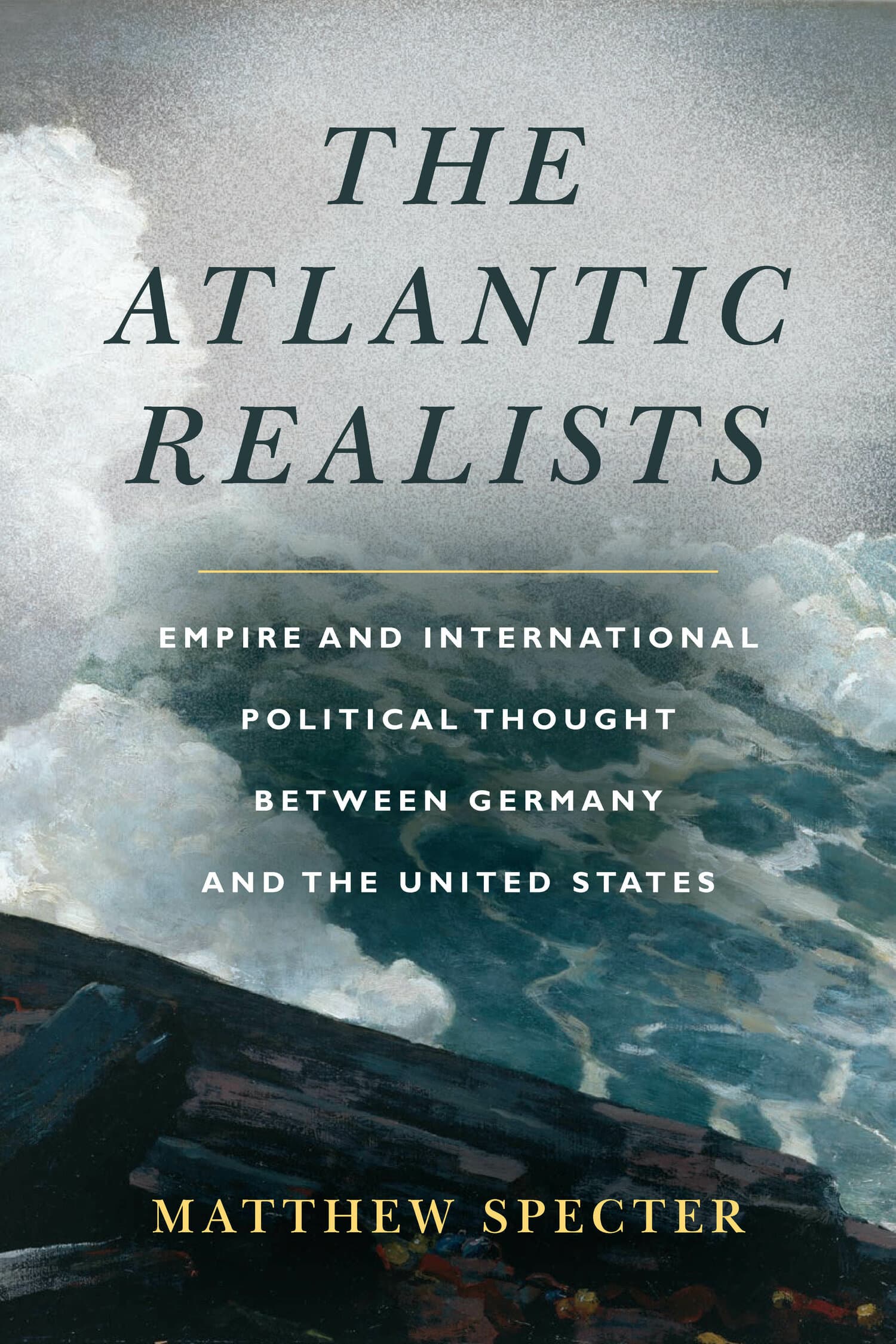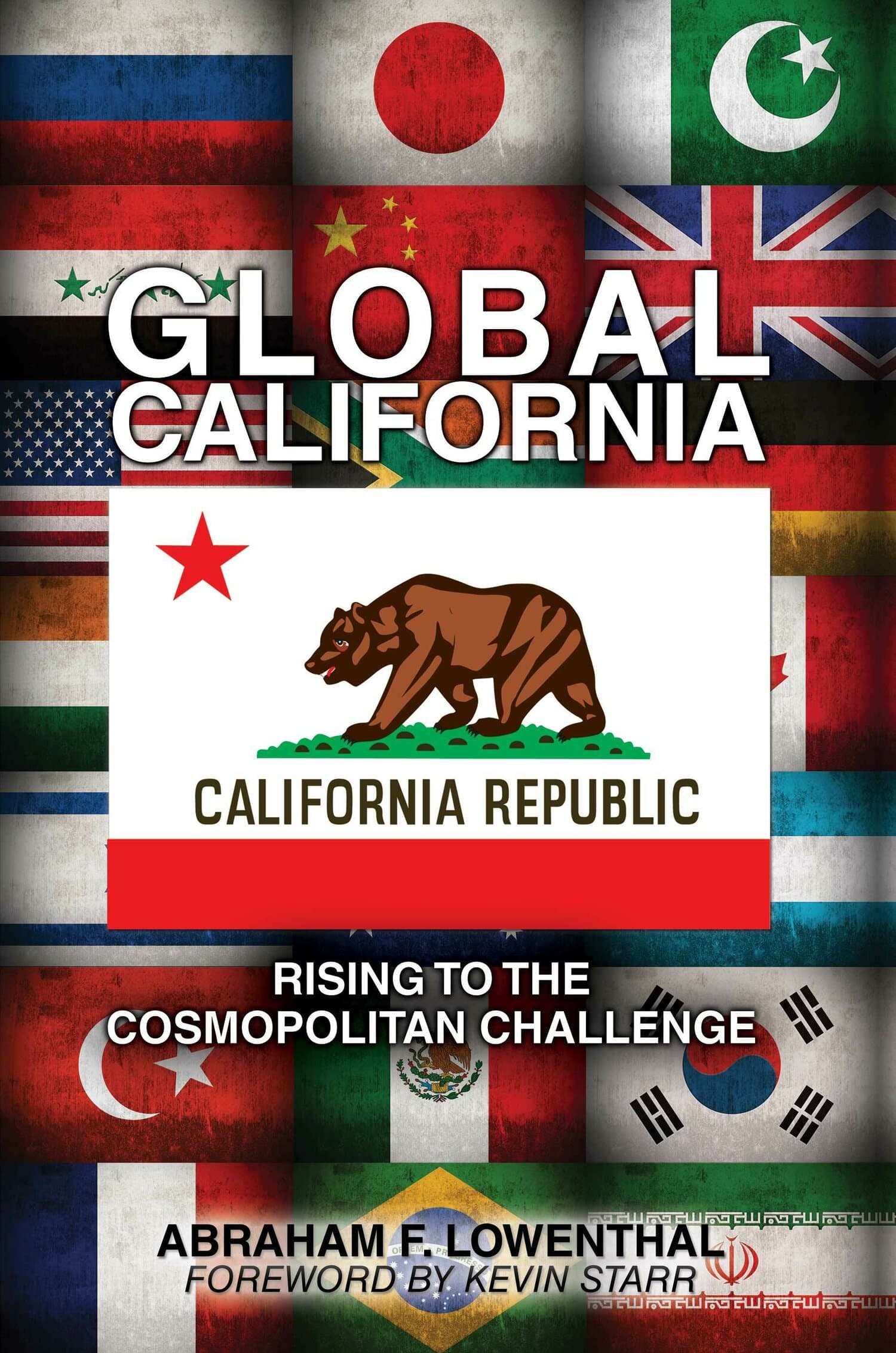Liberating the United Nations

The United Nations (UN) has always loomed large in international conflicts, but today accepted wisdom declares that the organization has lost its way. Liberating The United Nations is a thorough review of its founding and history that tracks critical junctures that obscured or diverted the path to a powerful and just UN that abides by international law. Based on the extensive expertise of two former UN-insiders, Richard Falk and Hans von Sponeck, the book goes beyond critique and diagnosis, proposing ways to achieve a more effective and legitimate UN. The historical sweep of the book offers a uniquely broad perspective on how the UN has evolved from the time of its establishment, and how that evolution reflects, and was defined by, world politics. The book explores these themes through the specific cases of intervention in Palestine, Iraq, and Syria. Liberating The United Nations hopes to reinvigorate the original vision of the UN by asserting its place in a world of amplifying chauvinistic nationalism. Falk and von Sponeck argue for how important the UN has become, and could be, in aiding with the transnational and global challenges of the present and future, including pandemics, environmental crises, and mass migration.
—Lloyd Axworthy, Former Canadian Minister of Foreign Affairs
"There is no alternative but to retool the UN system and significantly increase its resources to also enable it to help extricate humanity from the simultaneously unfolding existential crises it faces. Falk and von Sponeck's vast experience and years of research will feed into the just starting, indispensable process of holding together and modernizing the current multilateral system. This book will prove very useful in the preparatory process for the September 2024 Summit on the Future of the United Nations, focusing 'on gaps in global governance'."
—Enrique ter Horst, Former Special Representative of the UN Secretary-General in El Salvador and Haiti
"This is a book that combines realism in international relations with idealism. With incisive insights it analyses and dissects the major challenges facing the UN in the 21st century. It is a book that should be read by all those who are concerned about the future of humankind."
—Chandra Muzaffar, Universiti Sains Malaysia
"Recommended."—S. Waalkes, CHOICE
"[Falk and von Sponeck] provide a detailed overview of the UN's complex structures and multifaceted undertakings and make a spirited attempt to convince readers that a renewed investment in the organization is the best possible path to a better future."—Thant Mying-U, Foreign Affairs




